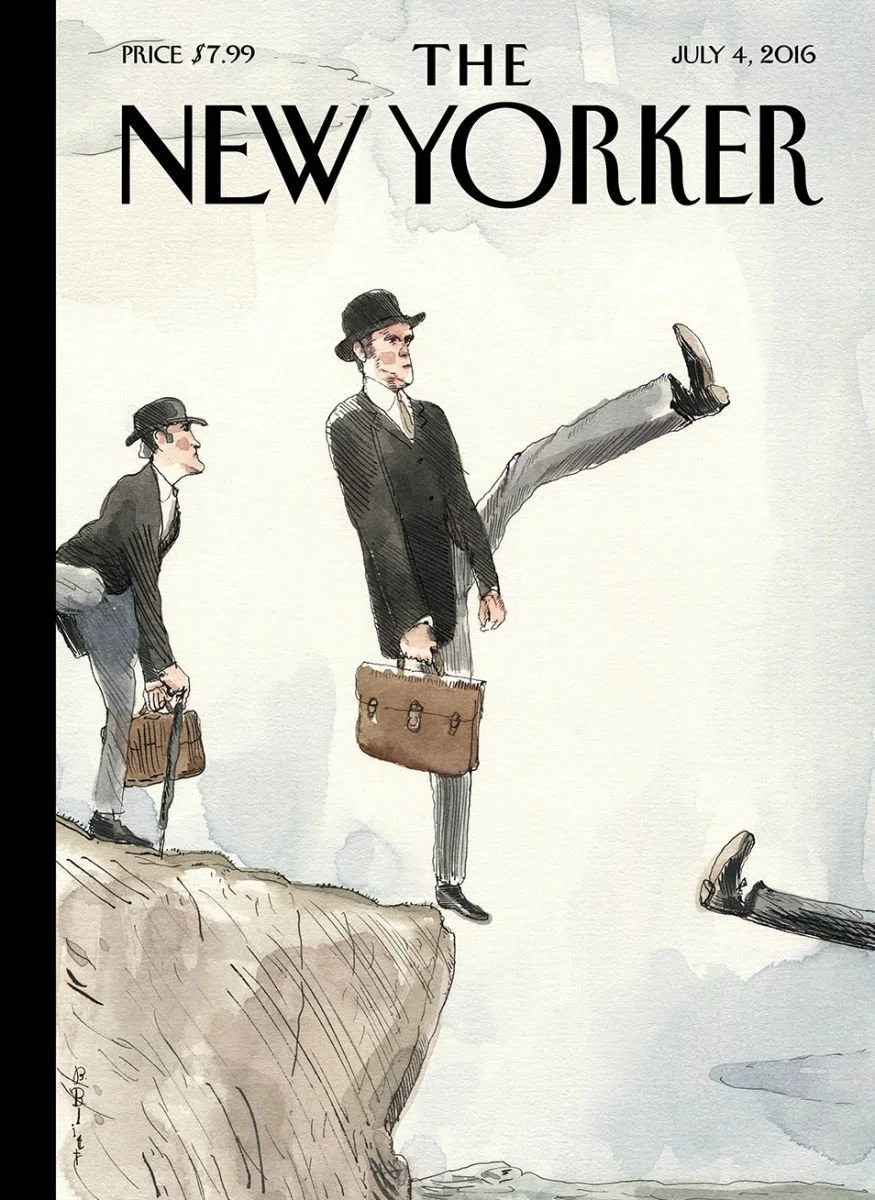In a new paper co-authored with Nathan Davies (Oxford Internet Institute), we revisit the theoretical conceptualisation of procurement and make the claim that it is infrastructure.
We argue for a fundamental shift in how public procurement is understood: not just as a regulatory or transactional tool, but as a foundational form of infrastructure that shapes state capacity and digital transformation.
This is very much a work in progress — we welcome comments, critiques, and collaboration as we develop it further!
The abstract is as follows:
Public procurement constitutes a fundamental governance mechanism through which states interact with markets. It is a vast and consequential function of government, accounting for approximately one-third of public expenditure in most economies. Existing public management scholarship has predominantly conceptualised procurement through legal-regulatory, economic, or administrative perspectives. Whilst valuable, these approaches insufficiently theorise procurement's role in structuring governance possibilities and enabling or hindering state capacity. This paper advances a novel theoretical intervention by reconceptualizing procurement itself as infrastructure rather than merely as a mechanism for acquiring or outsourcing it. Drawing on Susan Leigh Star's influential work in infrastructure studies (Star, 1999), we systematically analyse how procurement systems—comprising legal frameworks, administrative routines, professional practices, and technological platforms—function as embedded socio-technical infrastructures that enable and constrain governance. Supported by an examination of illustrative UK cases, including the Carillion collapse, Post Office scandal and COVID-19 PPE procurement failures, we argue that these are not isolated implementation failures but manifestations of infrastructural breakdown resulting from systemic overload coupled with maintenance neglect. This reconceptualization bridges public management scholarship with anthropological and socio-legal perspectives and outlines avenues for future research. For policymakers, our analysis emphasises that procurement requires sustained investment and attention, and appropriate use, rather than superficial regulatory adjustments that neglect its foundational capacity to structure governance outcomes.
The full paper is freely downloadable on SSRN: Davies, Nathan and Sanchez-Graells, Albert, Procurement as Infrastructure (June 16, 2025): https://ssrn.com/abstract=5297077.
Image credits: Elise Racine & The Bigger Picture / https://betterimagesofai.org / https://creativecommons.org/licenses/by/4.0/.


